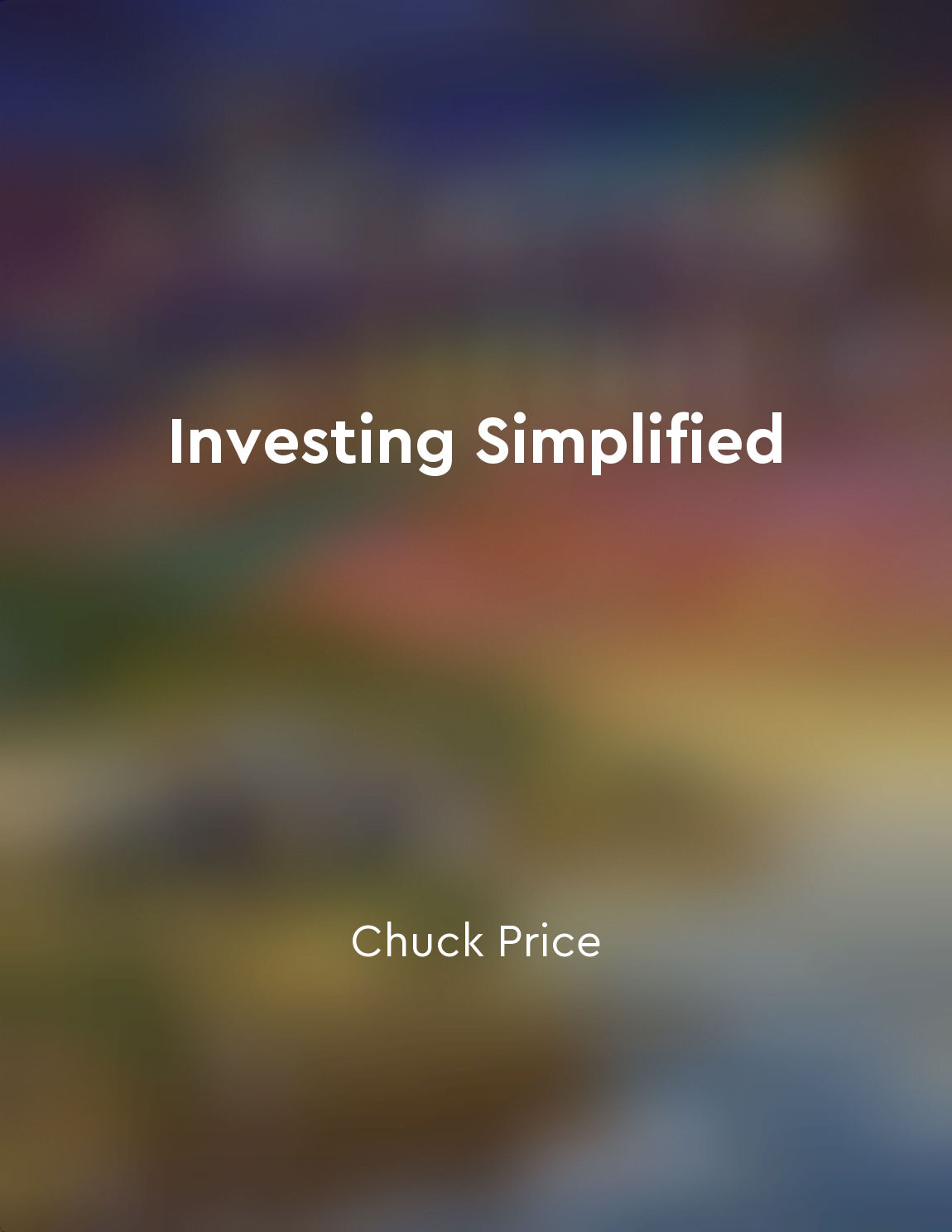Create an emergency fund from "summary" of The Barefoot Investor by Scott Pape
Listen up, folks. I want to talk to you about something that can save your financial bacon when life decides to throw you a curveball. I'm talking about setting up a safety net, a stash of cash that you can fall back on when the unexpected happens. I call it an emergency fund. Now, let me break it down for you. An emergency fund is like your financial superhero, ready to swoop in and rescue you when your car breaks down, your roof starts leaking, or you suddenly find yourself out of a job. It's a pool of money that you set aside specifically for those unforeseen expenses that can pop up out of nowhere. But here's the thing - your emergency fund isn't meant for that new flat-screen TV or that fancy vacation you've been dreaming of. It's strictly for emergencies, emergencies only. So, no dipping into it for non-essential purchases. Got it? Now, how much should you aim to save in your emergency fund? Well, a good rule of thumb is to squirrel away at least three to six months' worth of living expenses. This should cover your bills, groceries, and other essentials in case you hit a rough patch. But hey, I get it. Saving up that much cash can feel daunting, especially if you're starting from scratch. That's why I recommend taking it one step at a time. Set a realistic goal for yourself, whether it's $500, $1,000, or more, and work towards it bit by bit. Remember, slow and steady wins the race. And here's the kicker - once you've built up your emergency fund, don't just let it sit there gathering dust. Keep it in a high-interest savings account where it can grow over time. That way, you're not only prepared for the unexpected, but you're also making your money work harder for you. So, there you have it, folks. The secret to financial peace of mind lies in creating an emergency fund. Start small, stay disciplined, and watch your safety net grow. Trust me, when life throws you a curveball, you'll be glad you did.Similar Posts
Building wealth in the stock market requires patience, discipline, and a longterm perspective
To build wealth in the stock market, it is essential to possess three key qualities: patience, discipline, and a long-term pers...
Focus on financial education and selfimprovement
Financial education and self-improvement are essential components in the journey to prosperity. By focusing on financial educat...
Building savings is a necessary step towards financial security
Building savings is not just a good idea; it is a critical step towards achieving financial security. In today's uncertain econ...
Focus on longterm wealth building, not get-rich-quick schemes
When it comes to building wealth, it is crucial to have a long-term perspective. Many people are lured by the promise of quick ...

Invest in yourself and your financial education
If you want to achieve financial success, you must first invest in yourself and your financial education. This is a concept tha...
Achieving financial freedom through smart choices
The story teaches us the importance of making wise decisions when it comes to our finances. It emphasizes the idea that achievi...

Wealth building is not complicated
Building wealth is often seen as a complex and daunting task, requiring intricate knowledge and expertise in the world of finan...
Balancing shortterm gains with long-term goals
Achieving success in business requires a delicate balance between seizing immediate opportunities and staying committed to long...

Financial education is key to wealth
In the world of money, there are those who understand the game and those who do not. The ones who understand, the ones who have...

Stay disciplined with your investments
Maintaining discipline with your investments is crucial for long-term success in the market. It involves sticking to your inves...
